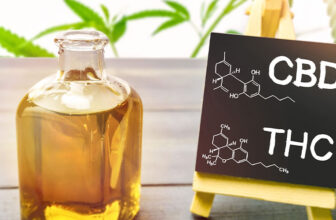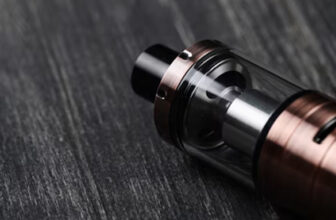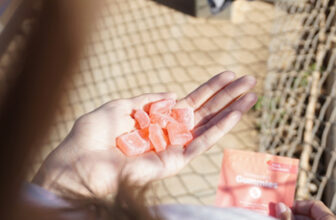
Cannabidiol, which many know as CBD, is derived from the hemp plant. Part of the cannabis family, it contains Tetrahydrocannabinol or THC in it, much like its notorious cousin: the marijuana. However, it is at levels low enough to be considered safe.
Although people believe that CBD is a modern invention, it’s actually a substance that has been in use for several thousand years already. China’s Emperor Sheng Neng was its first recorded user in 2737 BC. It came in the form of a tea used to help alleviate such health conditions as malaria, gout, and poor memory.
CBD: Understanding the UK Law and Its Legalities
There’s a CBD Law in the UK that tells you what you can and cannot do with products that contain this substance. If you’re in the UK and you’re wondering about CBD use, here are some valuable facts about it and the law in general:
CBD is legal in the UK
Yes, it’s legal in the country, but there are caveats to this. For starters, it should have proper labels, and the amount of THC in each item marked as containing CBD should be less than .2%. This means that the product has the beneficial effects of THC but doesn’t have enough of this psychotropic substance to cause an altered state.
CBD is sold in many different forms
CBD in the UK can be sold in a variety of forms. Aside from oil, you can also find CBD balms and topicals, tinctures, drops, capsules, and vaping liquids. There are also CBD edibles or novel food, like gummies, chocolate, and drinks.
Companies that produce these novel foods must submit an application with the list of the product’s ingredients, how it was made, and how much THC is in it to the FSA (Food Standards Agency).
CBD is not considered a medical substance in the country
While some medical communities and sites outline the benefits of the use of CBD in the UK and even in the US, it’s not considered a medical substance. CBD and products containing this substance can only be advertised as a food supplement in the UK. This is why you can’t see any of the medical effects of CBD on the labels of these products.
Residents cannot grow hemp to extract CBD
While CBD use is legal within regulations, residents, and manufacturers of CBD-laced products cannot grow the hemp used for this. They can only extract the CBD from hemp shipped in from farms in other places, like those in the EU and the US.
You should also be aware that only licensed producers of CBD are allowed to extract this substance from hemp, with the UK Home Office granting these licenses to those who qualify.
You can travel domestically with CBD
As long as you carry less than 100ml of CBD on your person within the country, you can bring these on your flight. Say you’re unsure about an airline’s rules regarding having this substance onboard. Then, you should first ask before placing your CBD product in your carry-on luggage. It’s best to put these in your checked-in baggage for your safety.
The Bottom Line
These are only several things you need to know when it comes to carrying, using, and selling CBD products in the UK. Understanding what these are and following the law that governs the use, purchase, and manufacturing of such products will help you avoid getting in hot water, so to speak.








